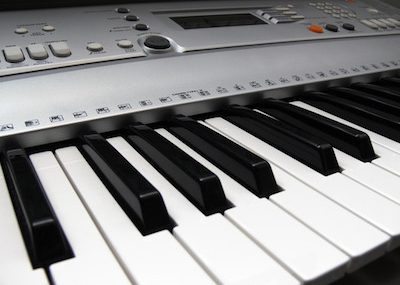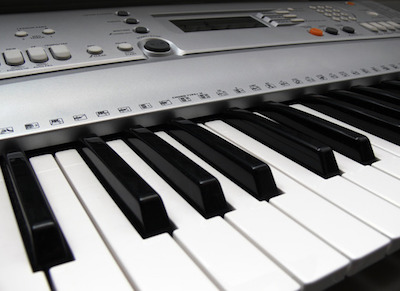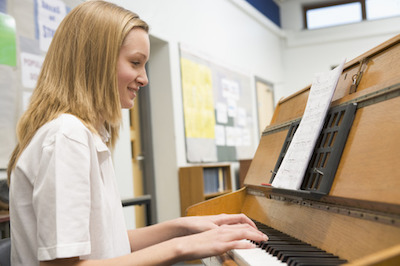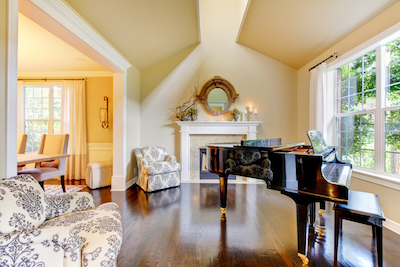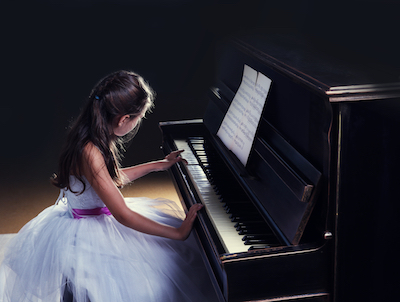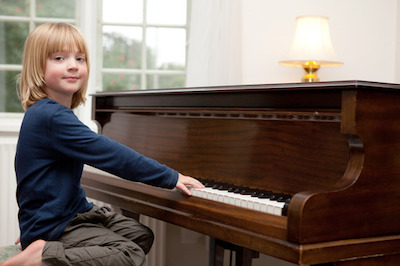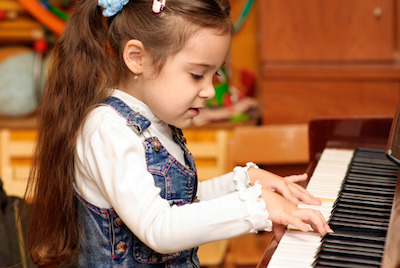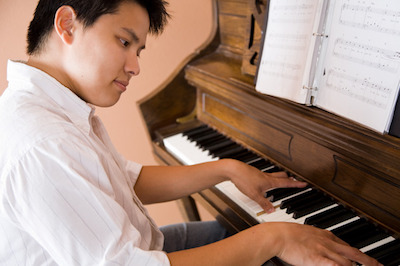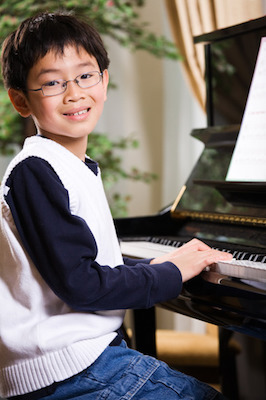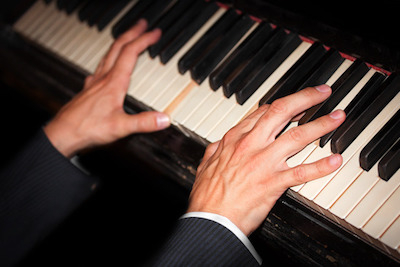Parents struggle with a lot of decisions on how to raise their kids. They push them in all kinds of directions to develop a happy, healthy life.
That’s the reason many parents push their kids into sports. Sports teach a variety of skills, from coordination to team building, to sportsmanship.
But for others, they’ve learned the benefits music has on success. And unlike sports that can only be a part of a child’s life for a certain number of years, the arts can last a lifetime.
Learning to play the piano sets your kids up for a lifetime of success. Here’s why.
The Piano sharpens concentration
Playing the piano brings many different skill sets together. You have to pay attention to what both hands are doing. You have to focus on the music. You have to focus on the notes you’re creating and the rhythm of the music. Every time you sit down to play it’s an exercise in multi-level concentration.
The Piano teaches perseverance 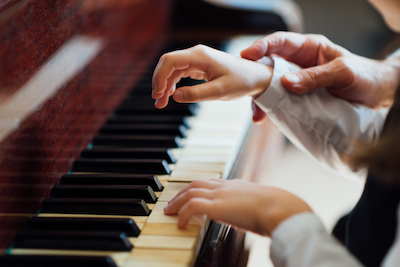
Playing the piano isn’t something you accomplish in a few weeks. It takes a lifetime to master. And when kids set certain goals for themselves, they can see their skills developing over time. To learn to play favorite songs takes patience, something they can take joy out of when they finally reach playing to their own level of perfection.
The Piano increases memory
Piano playing is one of the most effective ways to stimulate the brain. It takes a lot of skill to put hand-eye coordination to play music with both hands while reading music. A lot of the skill comes from memorization. It also comes from understanding deeper levels of thinking. It’s also been noted to help people as they age, keeping the mind healthy.
The Piano teaches discipline
Each new song, each new level of learning to play the piano has its own series of challenges and rewards. Students quickly learn that by reaching towards more challenging music, and understanding that the only way to get better is through practice. They also learn that the more they get involved in the process, the better they’ll sound, the better they’ll feel.
Make this the year you give your child the gift of learning to play the piano.
